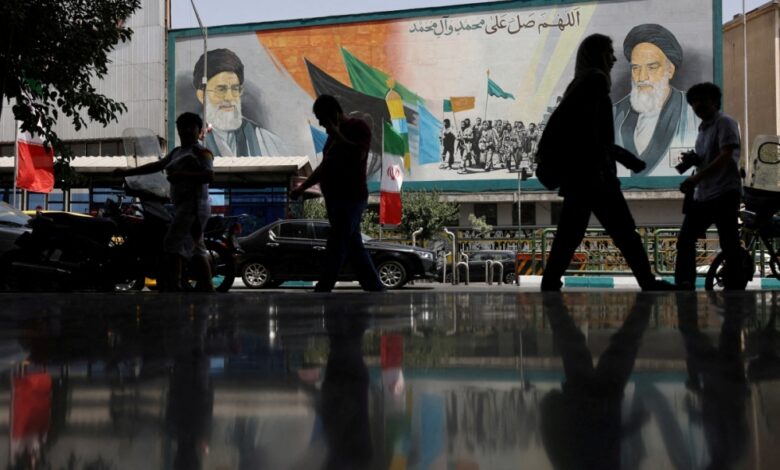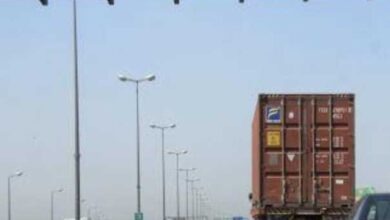
Iran has issued a stern warning to European powers, cautioning that any move to reinstate United Nations sanctions under the ‘snapback’ mechanism will constitute a grave strategic error. Iranian Foreign Minister Abbas Araghchi stressed that dialogue — not pressure or force — is the only path forward in resolving disputes over Tehran’s nuclear program.
In remarks carried by the state-run IRNA news agency, Araghchi criticized recent statements from European leaders suggesting the possible reactivation of previously suspended UN Security Council resolutions through the snapback process, which would effectively nullify Resolution 2231 — the resolution that endorsed the 2015 nuclear agreement, reports Al-Jarida daily.
The snapback mechanism, enshrined in the Joint Comprehensive Plan of Action (JCPOA) signed between Iran and the P5+1 group (the United States, United Kingdom, France, Russia, China, and Germany), allows any signatory to reimpose international sanctions if Iran is found to be non-compliant with its commitments.
Araghchi likened the potential reimposition of sanctions to the “mistake the United States made” when it targeted Iranian nuclear facilities, arguing that such actions have only served to deepen mistrust and complicate diplomatic efforts.
“The Iranian nuclear issue cannot be solved through military threats or referral to the Security Council,” he insisted. “The only viable solution is negotiation — negotiation that respects the rights of the Iranian people.”
He underscored that Iran’s interests include its right to develop nuclear energy for peaceful purposes, especially uranium enrichment—a central issue in past and present disputes. Araghchi reiterated that Iran remains committed to constructive dialogue, but only under conditions that guarantee national sovereignty and technological advancement.
While Iran has held several discussions with the E3 group (France, Britain, and Germany) in recent months, these countries were not directly involved in the latest round of nuclear talks between Tehran and Washington, which began on April 12 but were suspended due to the 12-day conflict between Iran and Israel.
With the October 18 deadline approaching — a date tied to the potential expiration of certain UN sanctions under the nuclear deal — the threat of reimposed measures looms large. Tehran has made it clear that resorting to the snapback mechanism would risk derailing fragile diplomatic efforts and further inflaming regional tensions.












